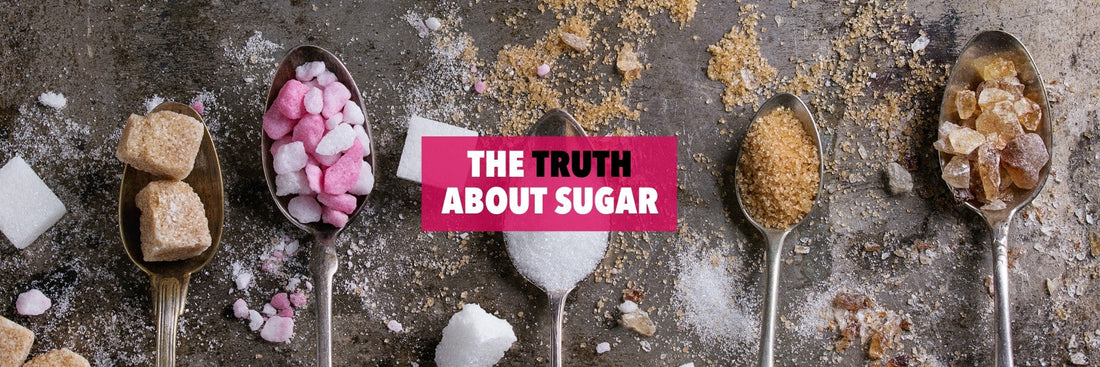When you’re committed to fasting or following a ketogenic diet, even a smidgen of sugar can wreak havoc on your body’s carefully calibrated metabolic state. Let’s break it down.
The Body on Keto: A Quick Refresher
The ketogenic diet is all about pushing your body into ketosis, a state where fat—not glucose—becomes your primary fuel source. When carbs are restricted to around 20-50 grams a day, your liver starts producing ketones from fatty acids, providing energy for your brain and body. It’s like your metabolism switches from a gas-guzzling SUV to a sleek, efficient electric vehicle. But the catch? Your body is like that one friend who’s easily distracted—introduce even a little sugar, and it veers right off the ketosis highway.
Fasting: Sugar’s Worst Enemy
Intermittent fasting works on a similar principle: by avoiding food for extended periods, your body depletes its glycogen stores and shifts to burning fat for energy. But when you’re fasting, your insulin levels are at rock bottom, which is exactly where you want them for fat-burning and other health benefits. Consuming cane sugar—even in tiny amounts—can cause a sharp spike in insulin, effectively throwing a wrench into your fat-burning machinery.
What Happens When Cane Sugar Sneaks In
Here’s what goes down when you succumb to the siren song of sugar:
1. Insulin Spike
Even a teaspoon of cane sugar can raise your blood sugar levels. This triggers your pancreas to release insulin, the hormone responsible for shuttling glucose into your cells. Insulin’s primary job is to store energy—which means fat-burning is put on hold. If you’re fasting or in ketosis, this is essentially your body hitting the “Pause” button on all the progress you’ve made.
2. Ketosis Interrupted
Ketosis is a delicate state, and it doesn’t take much to kick you out of it. A mere 5-10 grams of sugar could be enough to disrupt ketone production for hours, depending on your metabolic flexibility. Translation? That half-and-half latte sweetened with just a pinch of sugar could undo an entire day’s worth of keto discipline.
3. Hunger and Cravings
Sugar’s insulin-spiking antics don’t just halt fat-burning—they also wake up your appetite. That’s because insulin lowers blood sugar levels quickly, sometimes too quickly, leaving you feeling ravenous and craving more carbs. Suddenly, the “just one bite” mentality snowballs into “just one entire pizza.”
4. Inflammation
Cane sugar is a simple carbohydrate, and consuming it can contribute to inflammation—especially if your body’s not accustomed to processing it anymore. Chronic inflammation has been linked to a laundry list of issues, from weight gain to decreased insulin sensitivity, effectively making your keto or fasting goals harder to achieve.
Is There Any Wiggle Room?
If you’re strict about your fasting or keto goals, the best advice is simple: avoid sugar like it’s that ex who still texts you at 2 a.m. However, if a small amount does slip through the cracks, don’t panic. Get back on track by:
-
Extending your next fast to allow your body to deplete glycogen stores.
-
Doubling down on healthy fats and proteins to stabilize your blood sugar levels.
-
Hydrating to help flush out excess glucose.
The Takeaway
Cane sugar, even in small amounts, is like a tiny yet powerful saboteur for fasting and ketogenic diets. It disrupts ketosis, spikes insulin, triggers cravings, and can derail your metabolic progress. So the next time you’re tempted by a sugar-laden “treat,” remember: it’s not just about the calories—it’s about the biochemical chain reaction you’re unleashing. Stay strong, keto warriors and fasting champions. Your metabolism will thank you.


